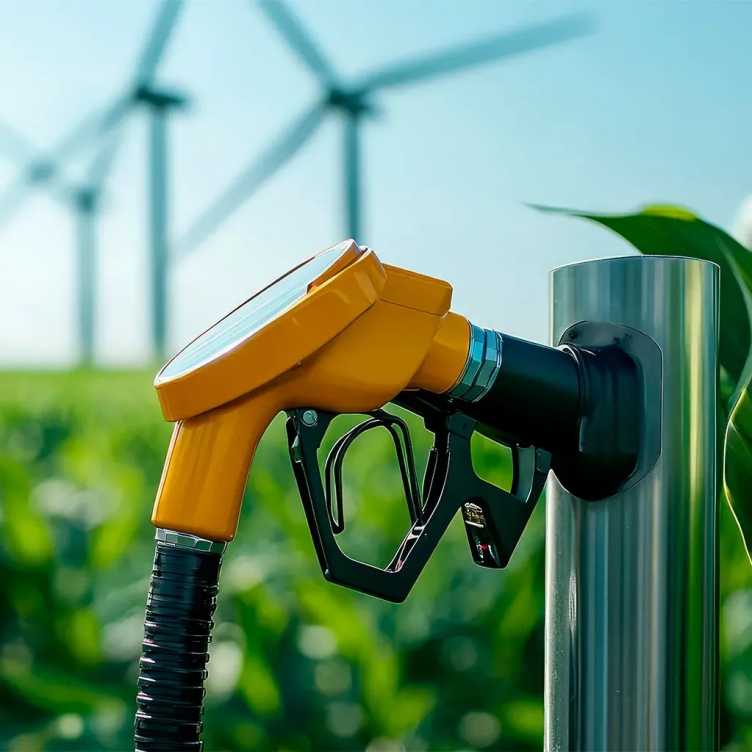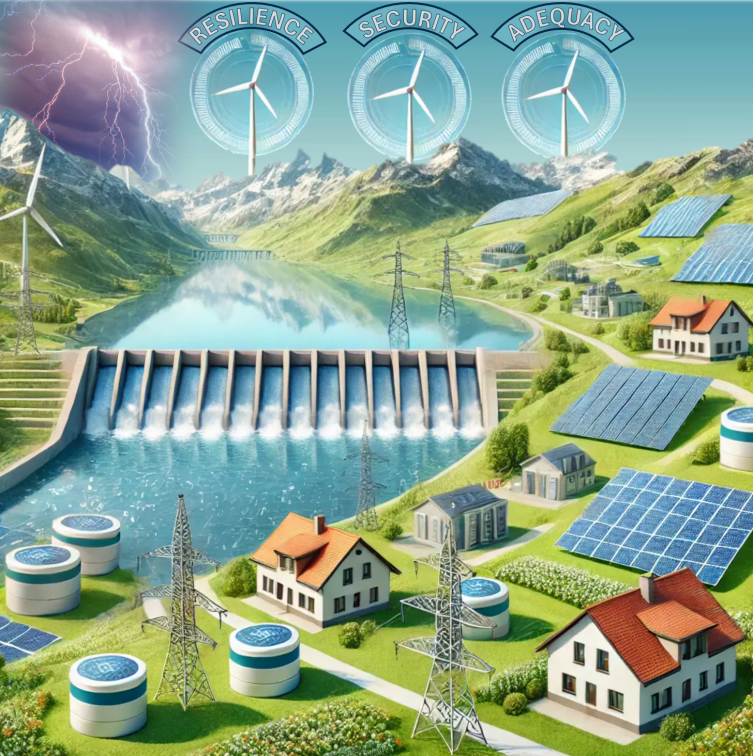Swiss energy transition
Decarbonizing Switzerland’s energy system is an ambitious challenge. Multiple factors must be considered simultaneously, including Switzerland's integration with Europe, its transition away from fossil fuels, global supply chain dynamics, and climate-related risks and uncertainties. To support a smooth transition, we address three system-level research areas: (1) integrating sustainable technologies and fuels; (2) ensuring resilience, security, and adequacy in the energy supply; and (3) advancing methods to provide robust solutions. We actively contribute to national research initiatives, including Reg4Fuels, SPEED2ZERO, and the SWEET consortia PATHFNDR, EDGE, and RECIPE, working toward science-informed guidelines that advise stakeholders and decision-makers.
Sustainable technologies and fuels

Switzerland’s energy transition relies on renewable generation and storage technologies in addition to sustainable fuels such as hydrogen and derivatives. Planning future systems involves trade-offs between electrification, domestic investments, energy trades, and uncertainties in global supply chains. We address these challenges to enable a sustainable and efficient energy system.
Lab members: Dr. Behnam Akbari, Dr. Can Cui, Christoph Funke, Ambra Van Liedekerke
Resilient, secure, and adequate systems

We study how to achieve a Swiss energy system that is adequate, secure and resilient, considering the numerous sources of uncertainty in the energy landscape. We investigate the variability of natural resources, including climate and weather conditions, to search for optimal design and operation of the Swiss energy system under emission targets and energy security goals.
Lab members: Francesco De Marco, Dr. Enrico Ampellio, Ambra Van Liedekerke
Reduction and approximation methods

Energy systems span multiple space-time scales and have large future uncertainties. Highly resolved models are required to provide robust guidelines to Swiss stakeholders. We develop techniques to improve the computational efficiency and tractability of large models. These include advanced methods for aggregation and scalable surrogates to efficiently approximate the original problem.
Lab members: Dr. Enrico Ampellio, Christoph Funke